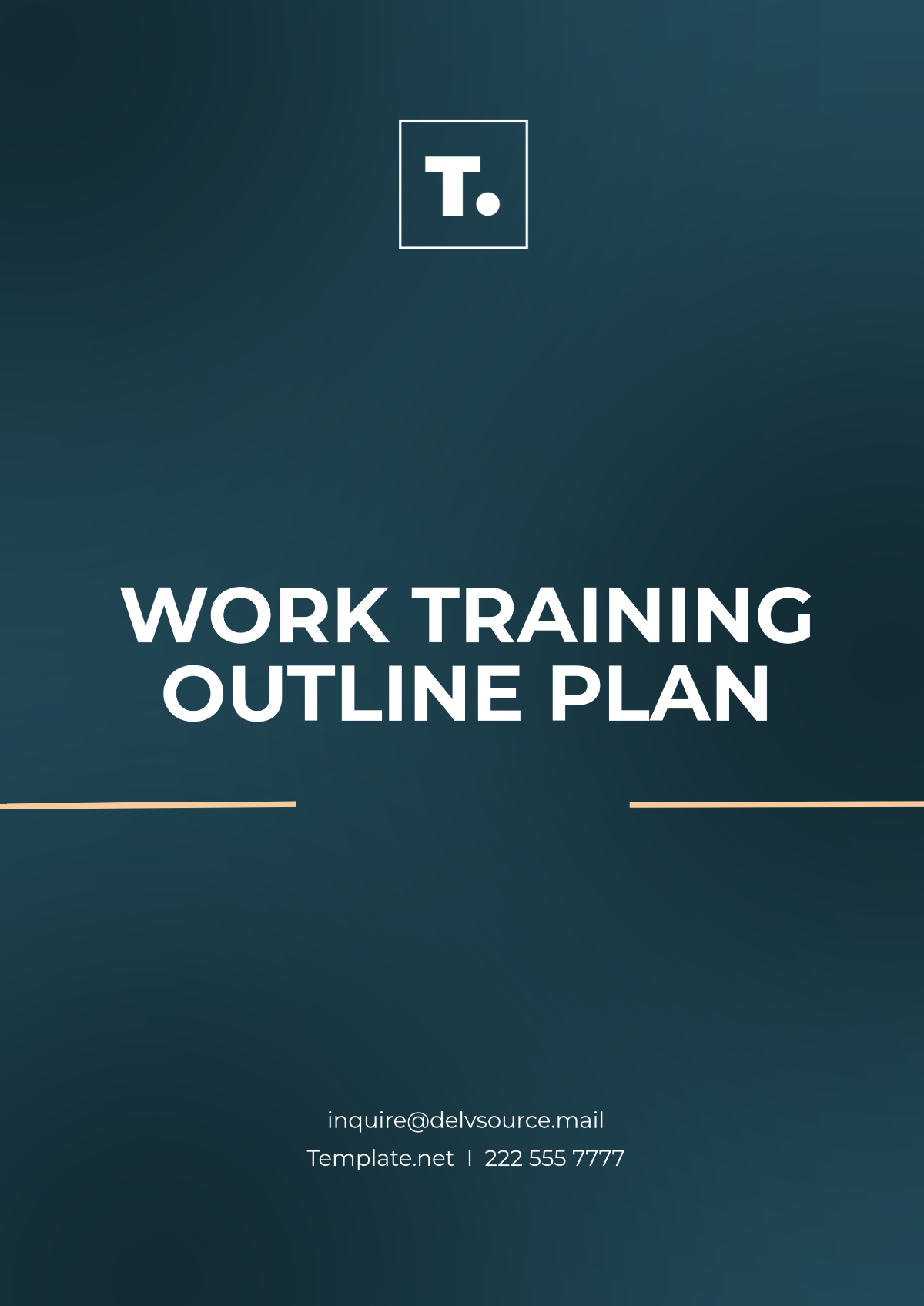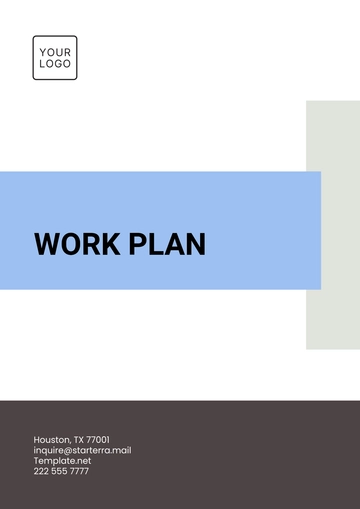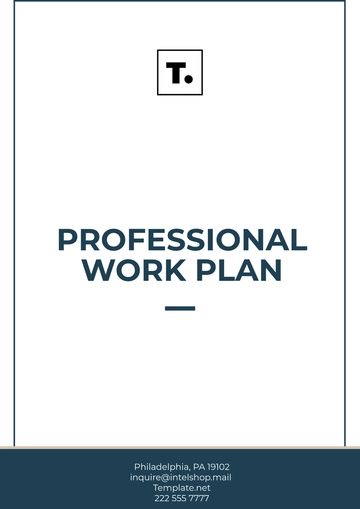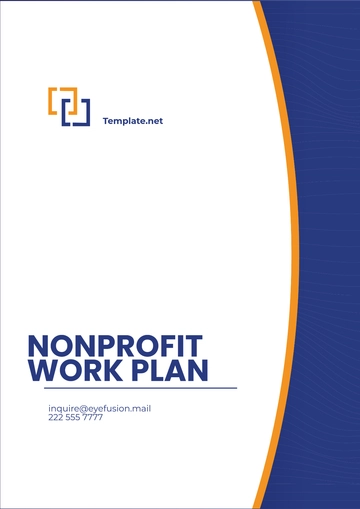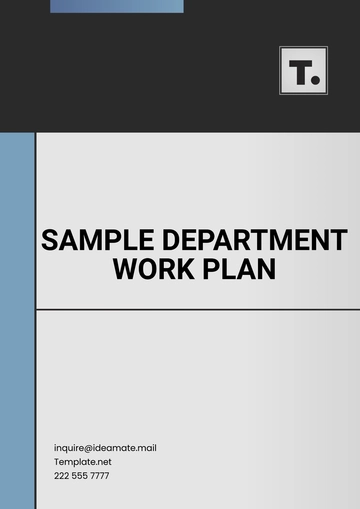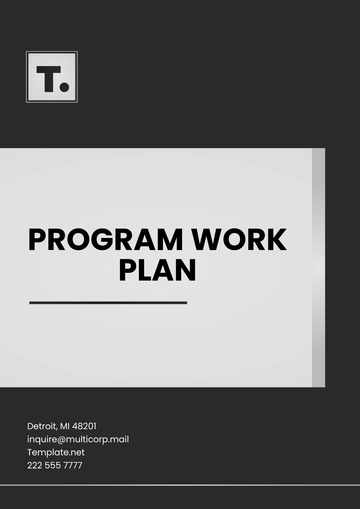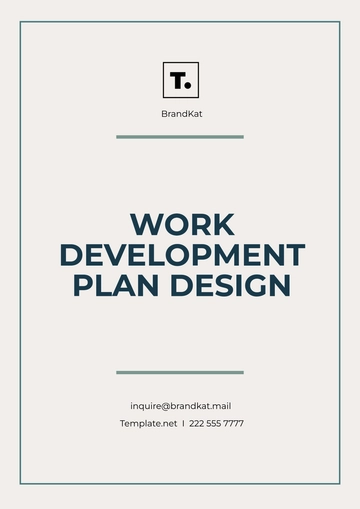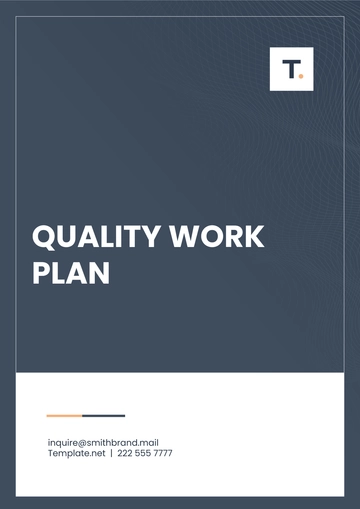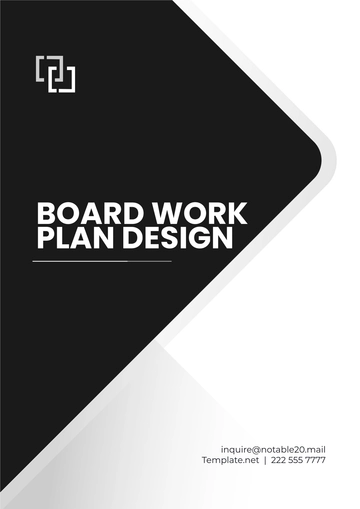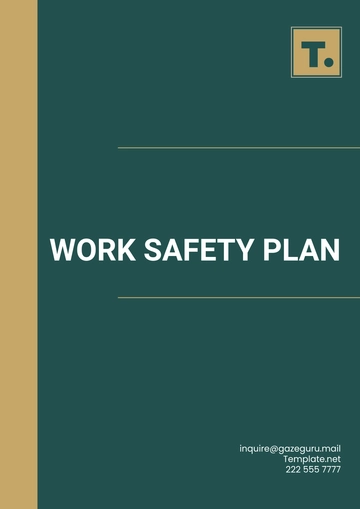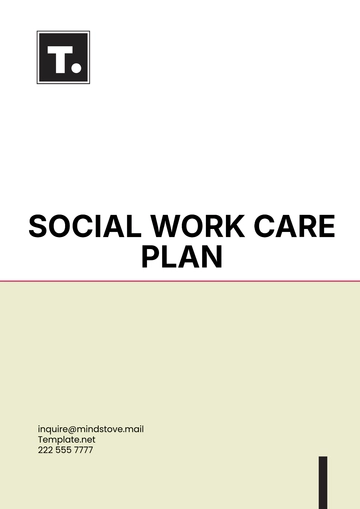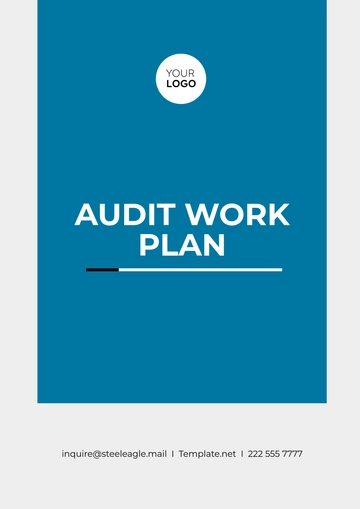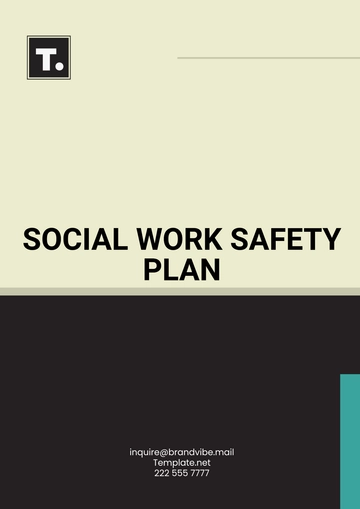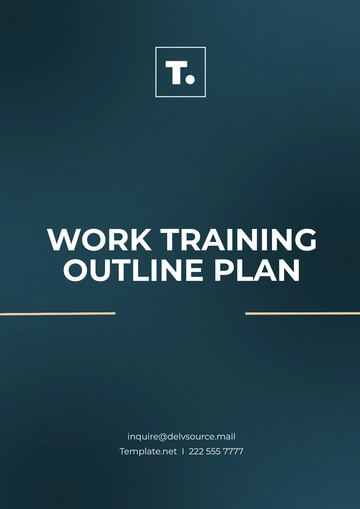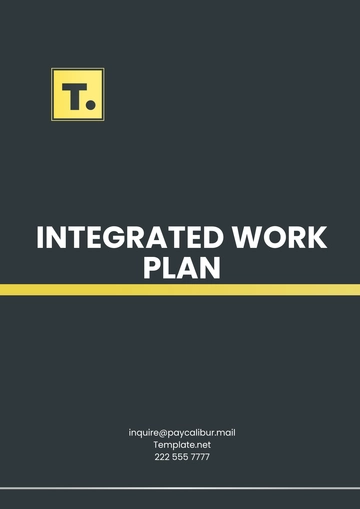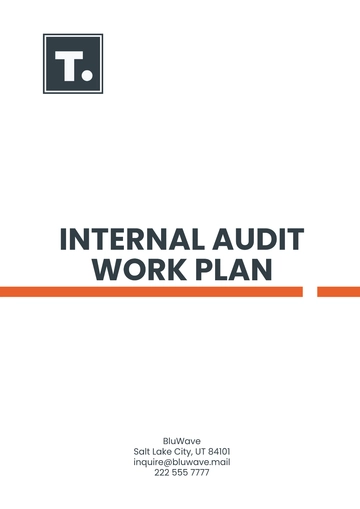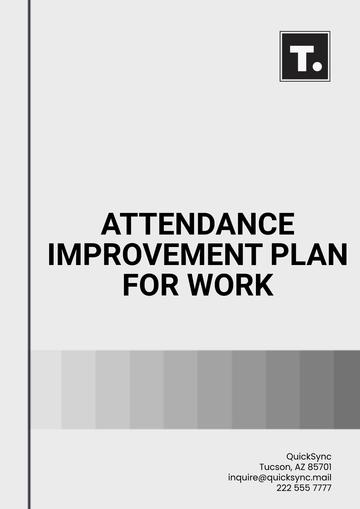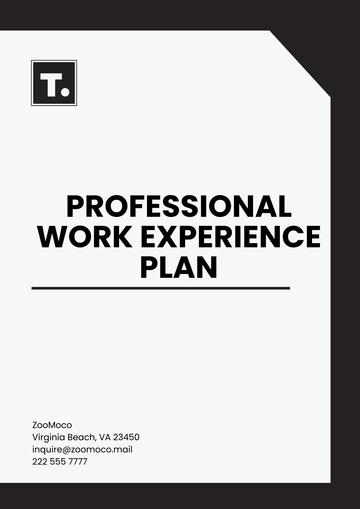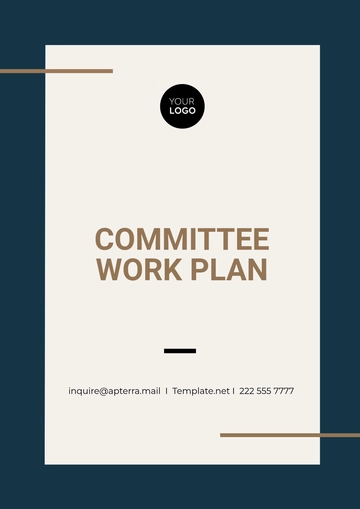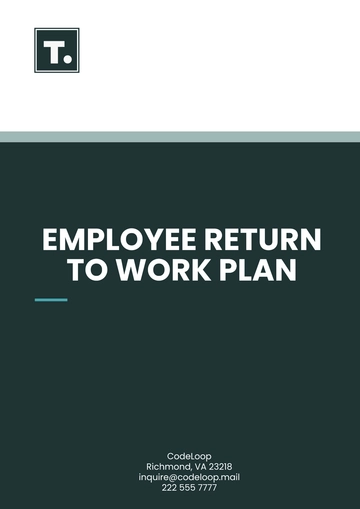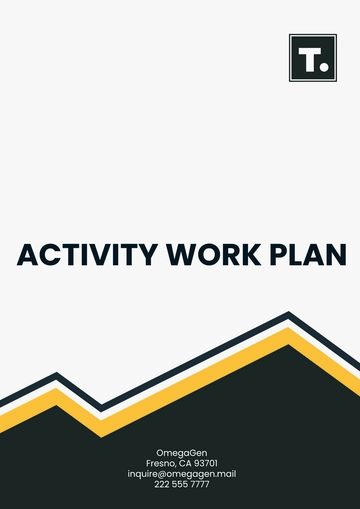Work Training Outline Plan
Prepared by: | [YOUR NAME] |
Company: | [YOUR COMPANY NAME] |
Department: | [YOUR DEPARTMENT] |
Date: | [DATE] |
I. Training Objectives
Enhance employee skills and knowledge related to customer service and communication.
Ensure understanding and compliance with company policies and procedures regarding customer interactions.
Improve overall work efficiency and productivity by enhancing problem-solving and conflict-resolution skills.
Foster a culture of continuous learning and professional development within the customer support team.
II. Target Audience
New employees within the Customer Service Department.
Existing employees require upskilling in handling customer complaints and inquiries.
Supervisors or team leaders in need of leadership development training for managing customer service teams.
III. Training Schedule
Day 1: Introduction to the Company & Policies
Company history and culture overview
Review of company policies, customer service standards, and workplace behavior
Day 2: Role-Specific Skills and Tools
Detailed explanation of the CRM (Customer Relationship Management) software
Hands-on practice with managing customer tickets, follow-ups, and support channels
Day 3: Communication and Collaboration
Effective communication techniques, including phone etiquette and email writing
Teamwork and Collaboration Best practices in Customer Service teams
Day 4: Safety and Compliance Training
Safety regulations specific to working with customer data and online transactions
Compliance with industry standards, such as GDPR (General Data Protection Regulation) and consumer protection laws
Day 5: Evaluation and Feedback
Review of learned material
Discussion of feedback from participants, including real-life customer service scenarios
IV. Content and Materials
Presentations: Slides and visual aids on customer service techniques and company policies.
Manuals: Customer service guidelines and troubleshooting manuals.
Software Tools: Access to the company’s CRM system and helpdesk tools for practical exercises.
Case Studies: Real-world customer service challenges for discussion and role-playing.
Checklists: Step-by-step checklists for handling customer complaints and inquiries efficiently.
V. Training Methods
In-Person Workshops: Interactive sessions where employees practice customer interactions and receive feedback.
E-Learning Modules: Online courses covering customer service basics, product knowledge, and communication strategies.
On-the-Job Training: Practical application of learned skills while shadowing experienced customer service agents.
Group Discussions: Collaboration and team-building exercises to analyze case studies and share solutions.
VI. Evaluation and Feedback
Quizzes and Tests: Short quizzes after each training module to assess understanding of key customer service concepts.
Practical Assessments: Role-playing exercises where employees handle mock customer interactions.
Surveys: Feedback forms for participants to evaluate the training's effectiveness, clarity, and relevance.
Follow-up Interviews: One-on-one meetings to discuss individual progress and areas for improvement.
VII. Follow-up
Post-Training Support: Access to a knowledge base with FAQs, troubleshooting guides, and product information.
Additional Learning Opportunities: Information about advanced customer service training and certification programs.
Ongoing Assessments: Quarterly performance reviews to monitor continued growth and skill application.
Plan Templates @ Template.net
